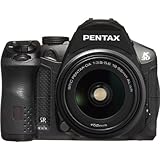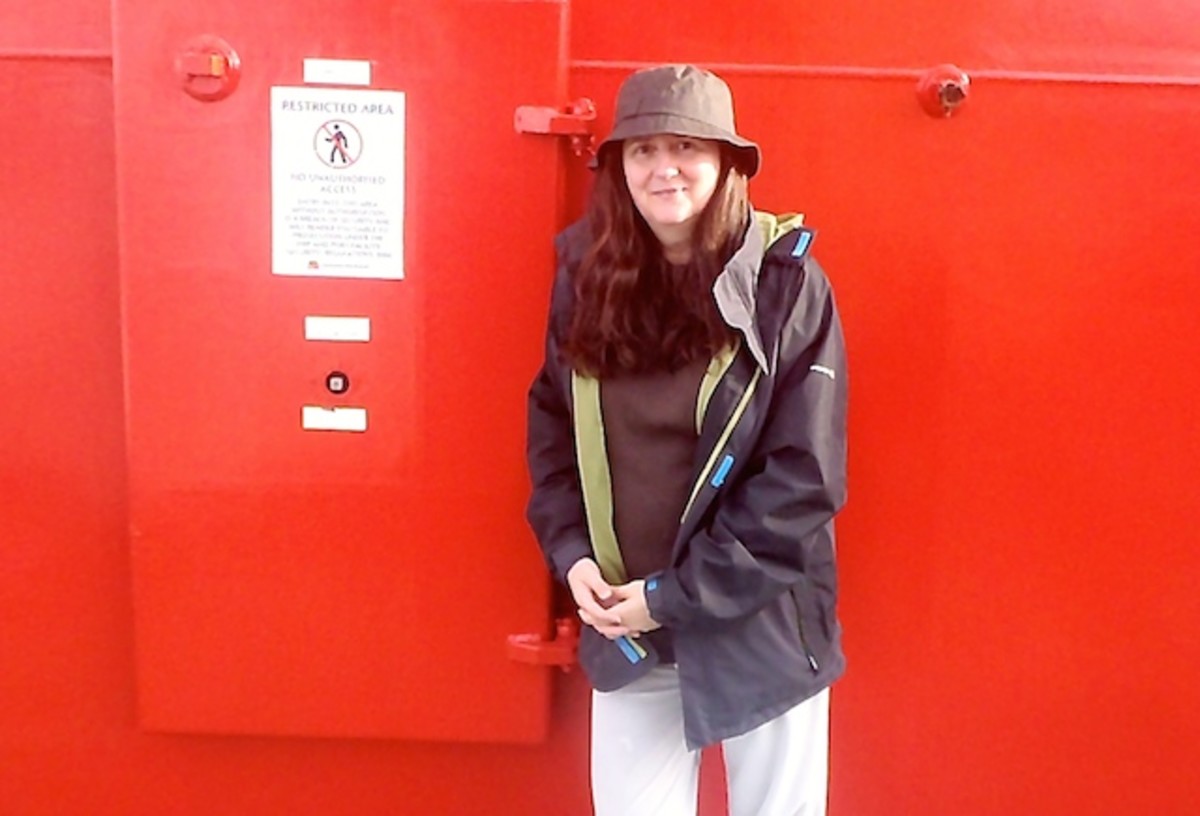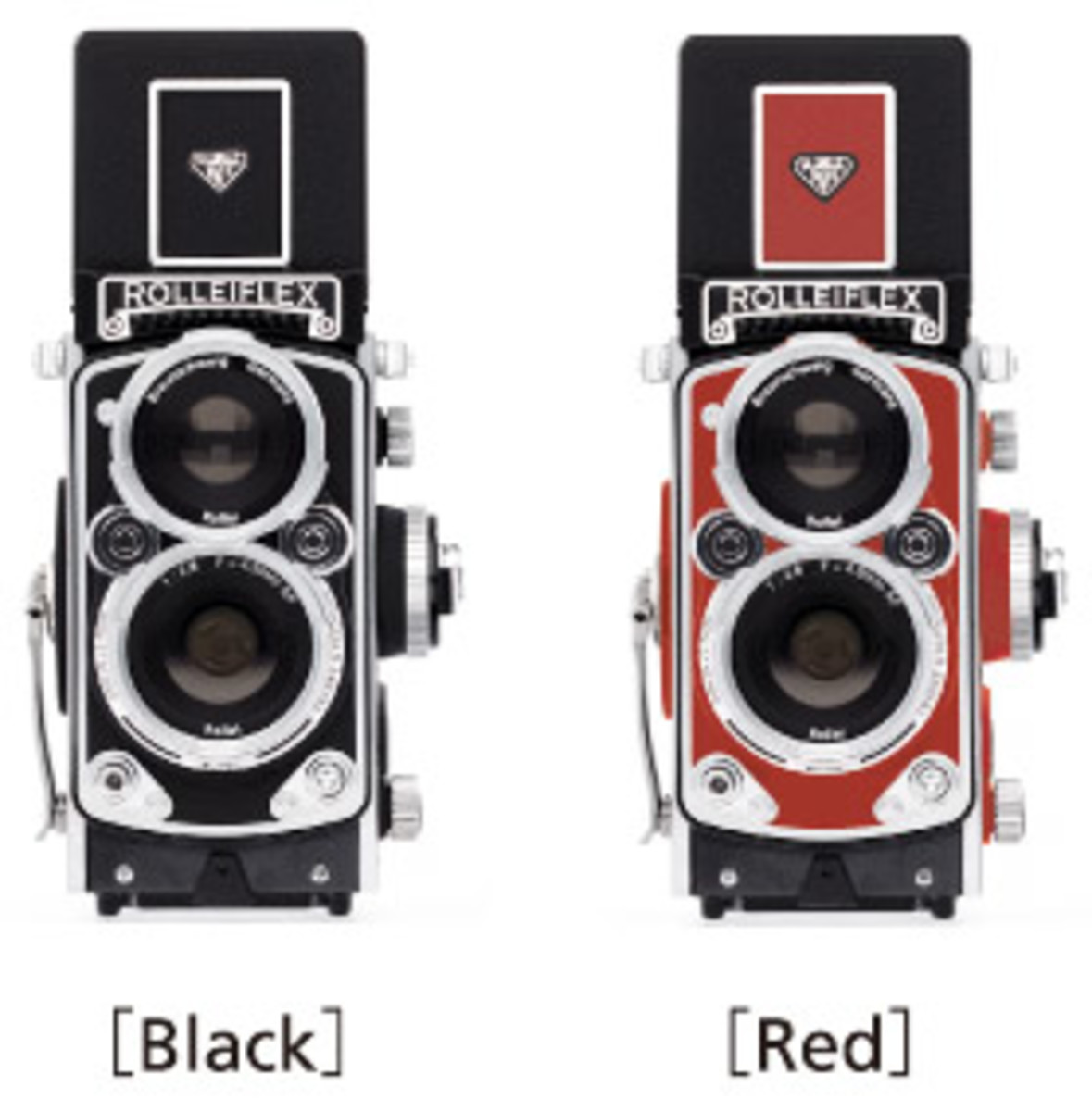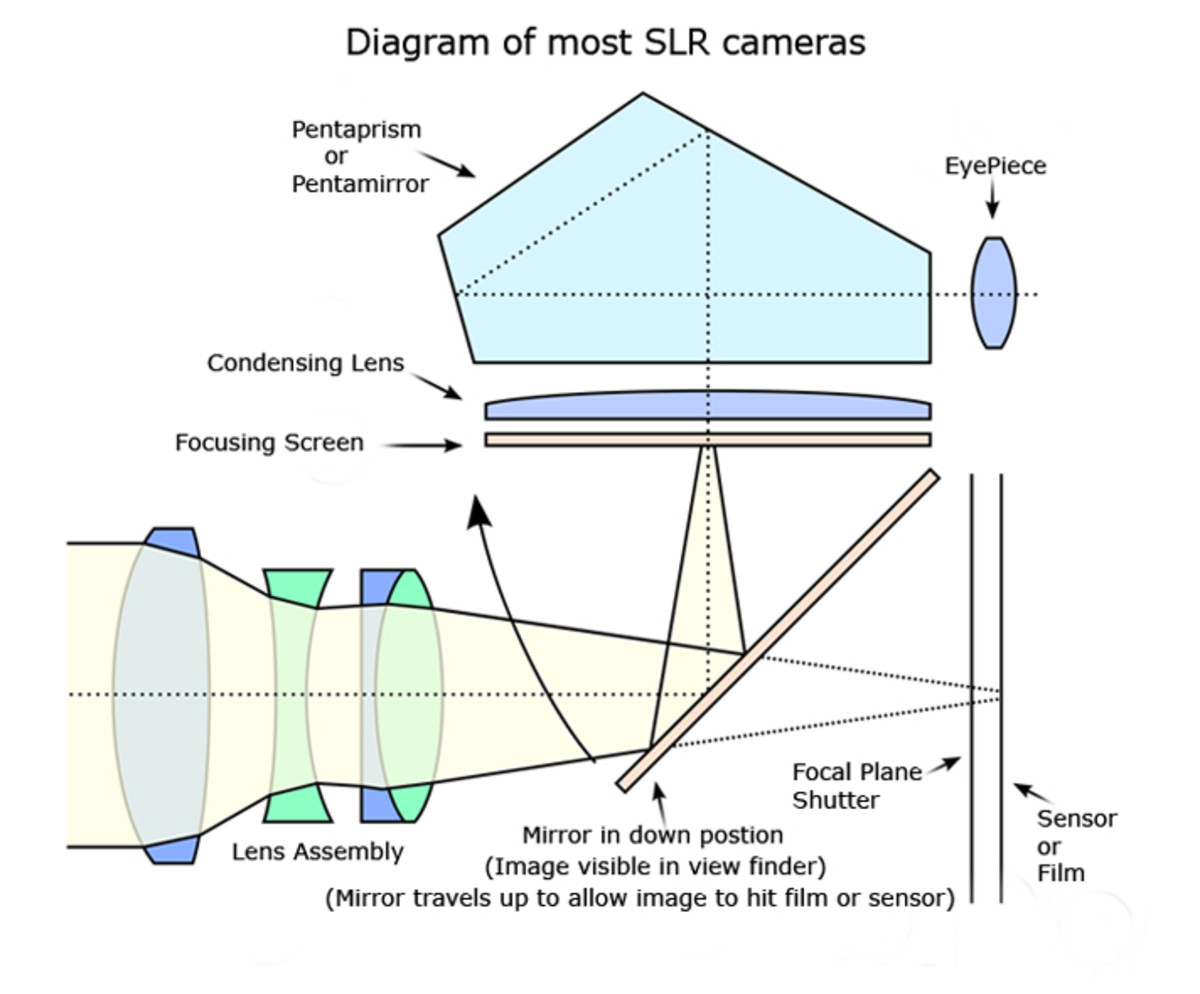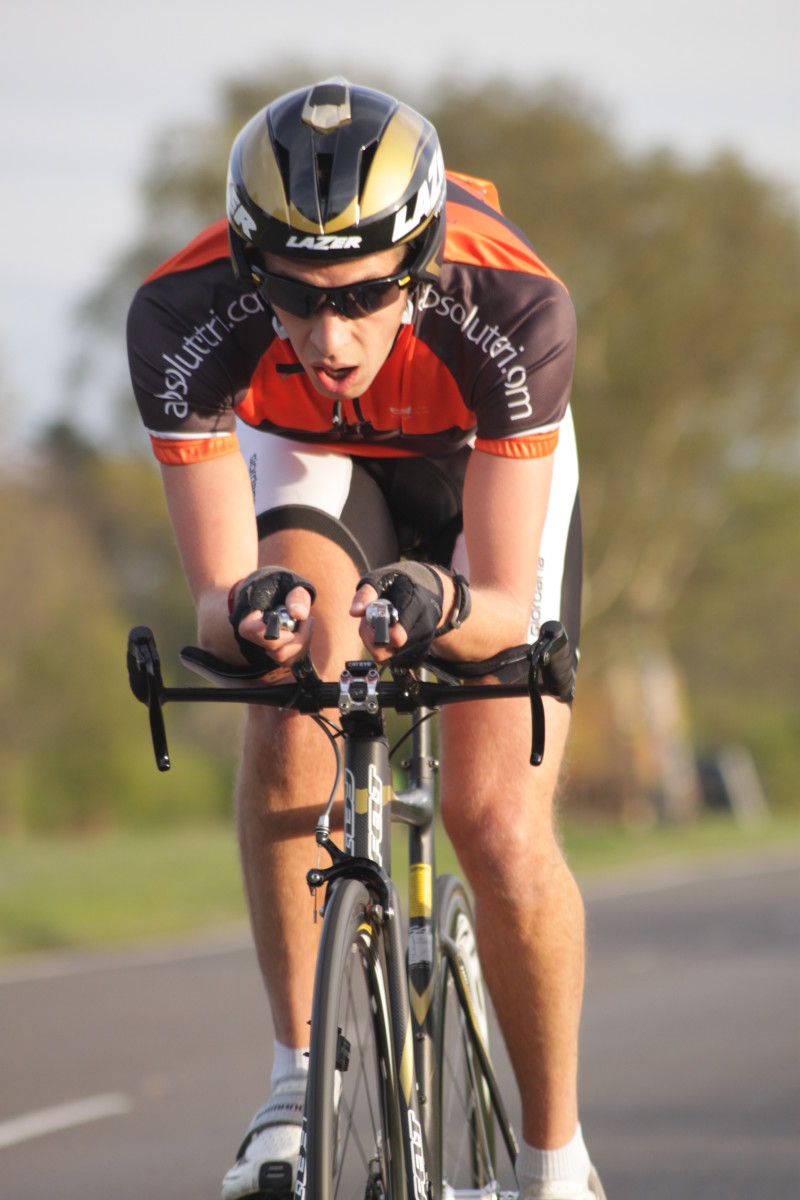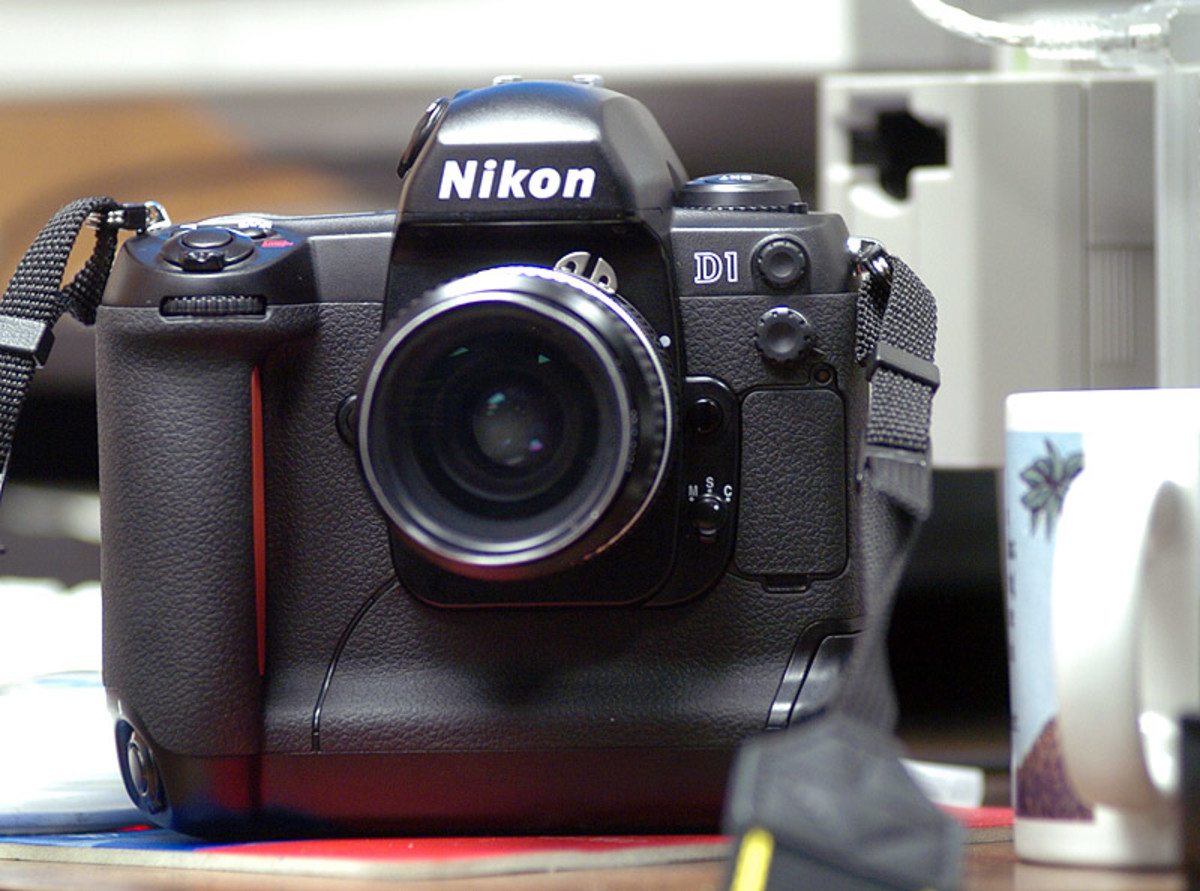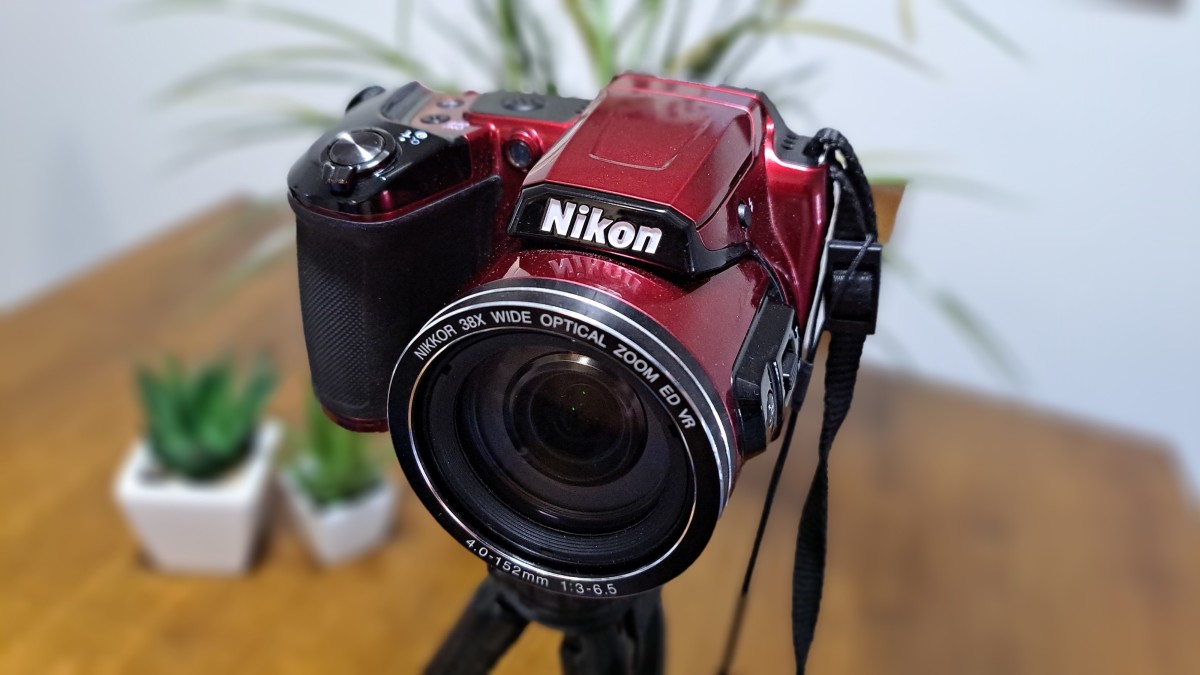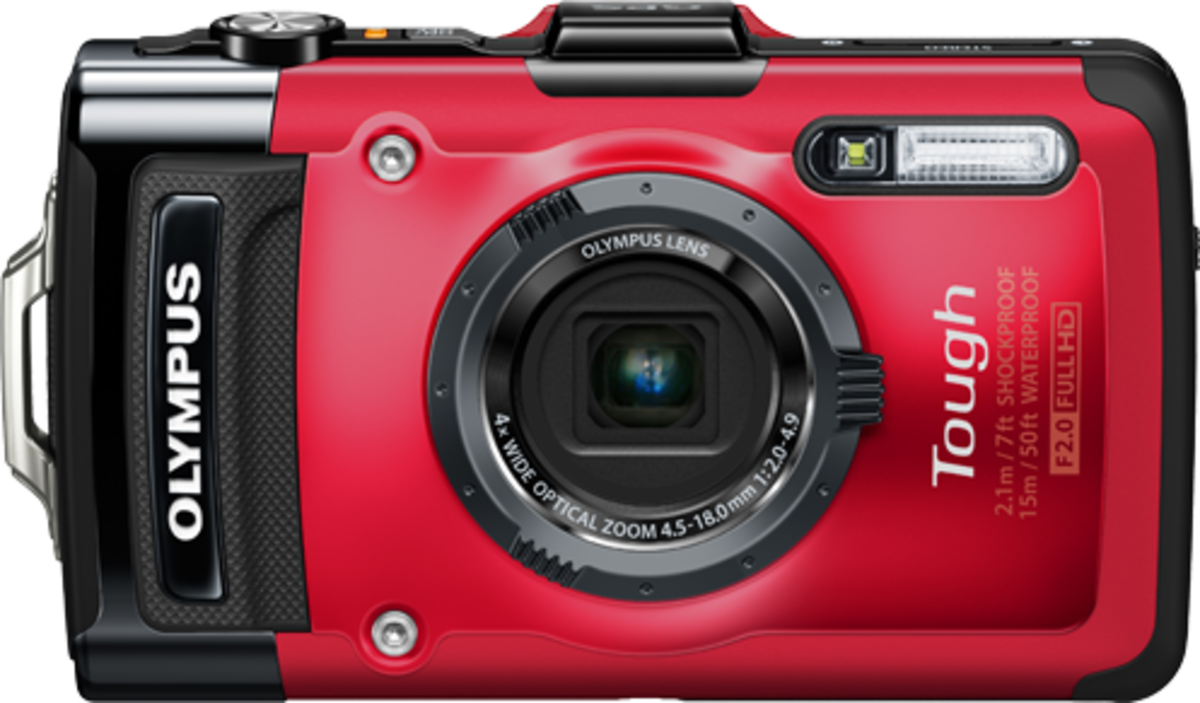- HubPages»
- Technology»
- Consumer Electronics & Personal Gadgets»
- Portable Electronics
Should I Buy a DSLR Camera?
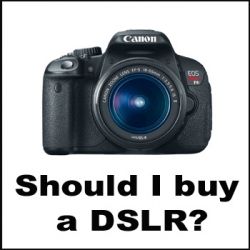
Tips to Decide Whether You're Ready for Your First DSLR Camera
Should I get a DSLR? If you're a shutterbug who has been shooting with a smartphone or a compact camera and are starting to wonder whether you should buy a DSLR camera, here are some considerations to take into mind.
While a DSLR can provide higher quality photos than a compact camera, they're not for everyone. They're bigger, heavier and much more complicated. But they'll take better pictures than you'll ever get from a small compact. So is a digital SLR the right camera for you? Consider these points before plunking down a lot of cash.
(Image compiled by Lisa Howard. See link for Canon Rebel below)
Should I Get a Digital SLR? - Think about these factors
There's no question that a DSLR camera could help you capture better images. They offer better performance in low light, produce less "noise" at higher ISOs, allow you to see through the lens, provide better depth of field control, and can power up, focus, and shoot much faster than compact cameras. But they're also bulkier, heavier, more complicated and more expensive than a compact camera.
How do you know if you're ready to make the jump from compact to DSLR? Consider the factors below.
(Image credit: Nicolás GarcÃa via Wikimedia Commons)
You Should Buy a DSLR if...
- You're frustrated by slow response times and a lack of image control
The main reason to upgrade to a DSLR is to have more manual control over your shooting. Compact cameras and smartphones are great for casual photos, but auto settings and scene settings only provide a small degree of control over your photo. If you long to control the aperture, ISO, white balance, shutter speed and other factors that go into great photos, and you want a camera that takes the picture when you click the shutter (not a half second later after you missed the action), you're ready for a DSLR.
- You're willing to learn how to use it
Many people invest in digital SLR cameras and then continue to rely on the camera's auto settings. Granted, your new DSLR will probably still take better photos than your compact camera due to the larger sensor and more advanced features, but unless you plan on enlarging your photos into jumbo prints to hang on your wall, you probably won't notice enough of a difference in quality to justify the price. But if you're willing to learn how to take advantages of the features it offers, a DSLR will serve you well.
- You're willing to invest in lenses and other accessories to take advantage of your camera's full power
A good DSLR can go a long way in helping you create better photos, but there are some things the camera can't do. For instance, it can't tell you how to compose your photos, it can't create perfect exposures in every instance, and it can't get every shot just right with a single lens. Once you start learning about all the things your camera CAN do, you'll eventually want to invest in more lenses, filters and other accessories.
- Your friends and family love looking at your photos
Having others admire your work certainly isn't a prerequisite to owning a DSLR, but it is an indication that you already have the "eye" of a photographer. A good photographer can create compelling images from virtually any camera, but a poor photographer could use the best pro camera on the market and still create "ho hum" shots that won't impress anyone. If others frequently comment on your photos, it's a good sign that you might be able to create even better images from the additional features available in a good DSLR.
- You want to become a professional photographer
If you plan to do any type of professional work, from shooting landscapes to doing weddings to selling stock photos, you'll need a good quality DSLR (or an even more expensive medium format camera). You might still be able to use compact cameras in special circumstances or as a backup, but if you want to sell your work, you'll want the quality and flexibility of a digital DSLR.
You May Not Want a DSLR Camera if...
- You want better quality, but still plan to shoot in auto mode
These days, a better option for you would be a mirrorless camera such as the Canon EOS M or Nikon 1 J1. These cameras have DSLR-sized sensors, so they can offer similar image quality, but they offer fewer manual controls than a DSLR and are smaller in size.
- You don't want a big camera
DSLRs are big. And the better they are, the bigger they are. They won't fit in your pocket, you can't throw them in a purse, and they're much heavier than a compact. If you don't want to lug around a big camera on your trip to Paris or be the only parent clicking pics at your 4-year-old's ball game with a big bulky camera, a DSLR isn't the camera for you.
- You can't afford it
Today there are many cameras on the market that will give you some degree of image control for far less than the cost of a digital SLR. If a DSLR is going to break the bank, consider expanding your photographic range with a specialized compact such as an underwater camera or a super zoom compact camera. They'll give you a whole new world of photo opportunities without costing as much as a DSLR. If you're still itching for a DSLR in a few months or years, save until it's not such a financial burden.
I'm Ready! Which DSLR Should I Buy? - Look at several options or try renting before you make a decision
Canon and Nikon are the world's largest DSLR manufacturers, with Sony coming in a distant third, followed by Pentax and others. Photographers can get into heated discussions about which is better: Nikon or Canon? But all of today's DSLR cameras offer better quality than you'll find in a compact, so you may want to look at all brands before making a decision.
Sony actually makes the sensors inside Nikon's entry level (APS-C) DSLR cameras, and Pentax offers weather sealing on their entry-level models, which could be helpful if you're planning to do a lot of shooting in wet, humid or dusty conditions. Typically, you'll pay more for a Canon or Nikon camera than for one of the other models with the same features.
If you're not sure which brand you want - or are still wondering if a DSLR is really right for you - consider renting a camera first. Holding one in the store is not the same as using it. At BorrowLenses, you can rent camera bodies and lenses for as little as three days, with an entry-level DSLR starting at less than $50. Or if you want to splurge, try one of the prosumer or professional cameras.
If you're ready to buy, below are some of the most popular entry-level DSLR models from Canon, Nikon, Sony and Pentax for you to compare.
Good DSLR Cameras for Beginners
Learn More about Shooting with Your Digital SLR - Don't buy a DSLR and leave it on auto!
If you're going to spend the money to get a DSLR, be sure to spend some time learning how to use it. Sign up for a class at your local community college, watch videos online or get a good book to teach you some of the things you'll need to know to get the most from your new equipment.
Tips on Using Your First DSLR - How to hold a DSLR camera
If you take the plunge and get a DSLR camera, the first thing you'll need to learn is how to hold it properly to stabilize the camera and get the best shots. Sound like a no brainer? It's not. Many people hold their DSLR incorrectly, which can lead to fuzzy images and even poor lighting (if you get your arm in the way of the flash).
More Photography Articles - Other pages by lisadh that you might enjoy

Popular Entry-Level DSLR Cameras for Beginners
Are you ready to make the jump up to a new DSLR camera? If you've been asking yourself, "Should I buy a DSLR camera?" and have decided that the ans...

What's the Cheapest DSLR Camera?
What's the cheapest DSLR you can buy right now? The answer depends on how you define the question. Do you want the cheapest entry-level camera offered by one...

What's a Prosumer Camera?
A prosumer camera is one that has professional features, but falls within the price reach of enthusiastic consumers. Hence, the name "pro-sumer." ...

Ideas for Self Portraits
Photographers are usually most comfortable behind the lens, focusing their camera on other people and subjects. But taking self portraits can be a lot of fun...

Superzoom or DSLR? Which One is Right for You?
If you're thinking about upgrading from a simple compact camera and are torn between a superzoom and a DSLR, your quandary is not surprising. Both offer adva...



